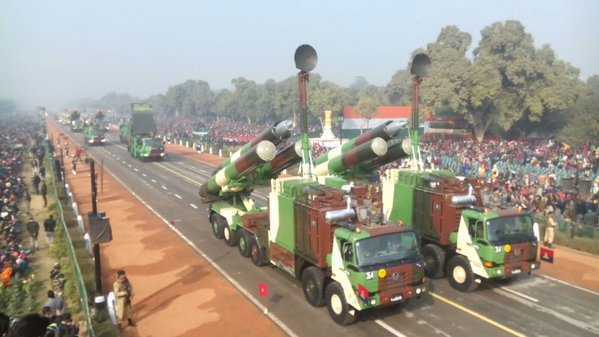Leaders of ASEAN countries are in India to participate in a shared conference organized to intensify the relationship between India and ASEAN countries. All 10 Heads of ASEAN countries are special guests of Republic Day celebrations. India’s 25 years of relationship with ASEAN is very important in the development of Asia. In today’s in-depth look at the varied dimensions of the current visits of the leaders and the multilateral relations. Singapore has always been a supporter of India’s entry into ASEAN. India became a partner in ASEAN category in 1992 and a fully communicative partner in 1995. India has participated in all East Asia conferences since 2005.
East Asia Conference is an open, inclusive and rapidly growing regional forum headed by the leaders of this area. Over time, India-ASEAN relations turned into a strategic partnership on the occasion of the 20th anniversary of friendship in 2012. Both sides are working together on ASEAN’s various political-security, economic and socio-cultural aspects. Prime Minister Narendra Modi‘s Act East Policy also emphasizes the trio of trade, contacts and culture. Through this mantra, he wants to sharpen the activism with ASEAN which reflects our multilevel and comprehensive cooperation.
Trade between the two sides has also been very fast with time. It has played an important role in the ASEAN-India Free Trade Area i.e. AIFTA. ASEAN-India business rose from $ 2.9 billion in 1993 to $ 58.4 billion in 2016. The ASEAN-India Student Exchange Program and the Delhi Dialogue have also given public relations to the public between the two parties on the social-cultural front.
With the participation of ASEAN at the Republic Day celebrations of India, the celebration of both parties has reached the climax. Invitation as a Chief Guest for the Republic Day Parade is a matter of great honour for the ASEAN leaders. Opportunities are also present with the challenges in the changing momentum globally. The axis of the strategic balance is slipping. In many parts of the world, changes are taking place at demographic and political level. If both sides resolve their current challenges with their historical and cultural engagement, they have a better foundation for the future, then our future generation will be the most beneficial.


Leave a Comment